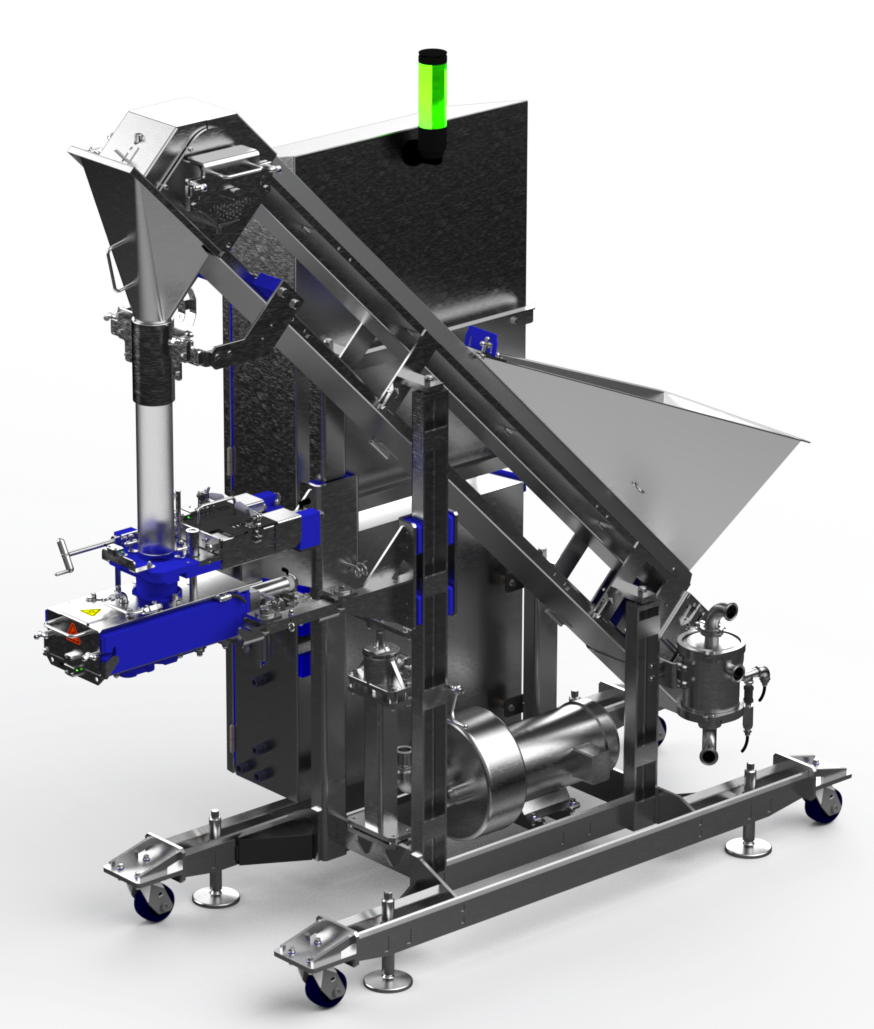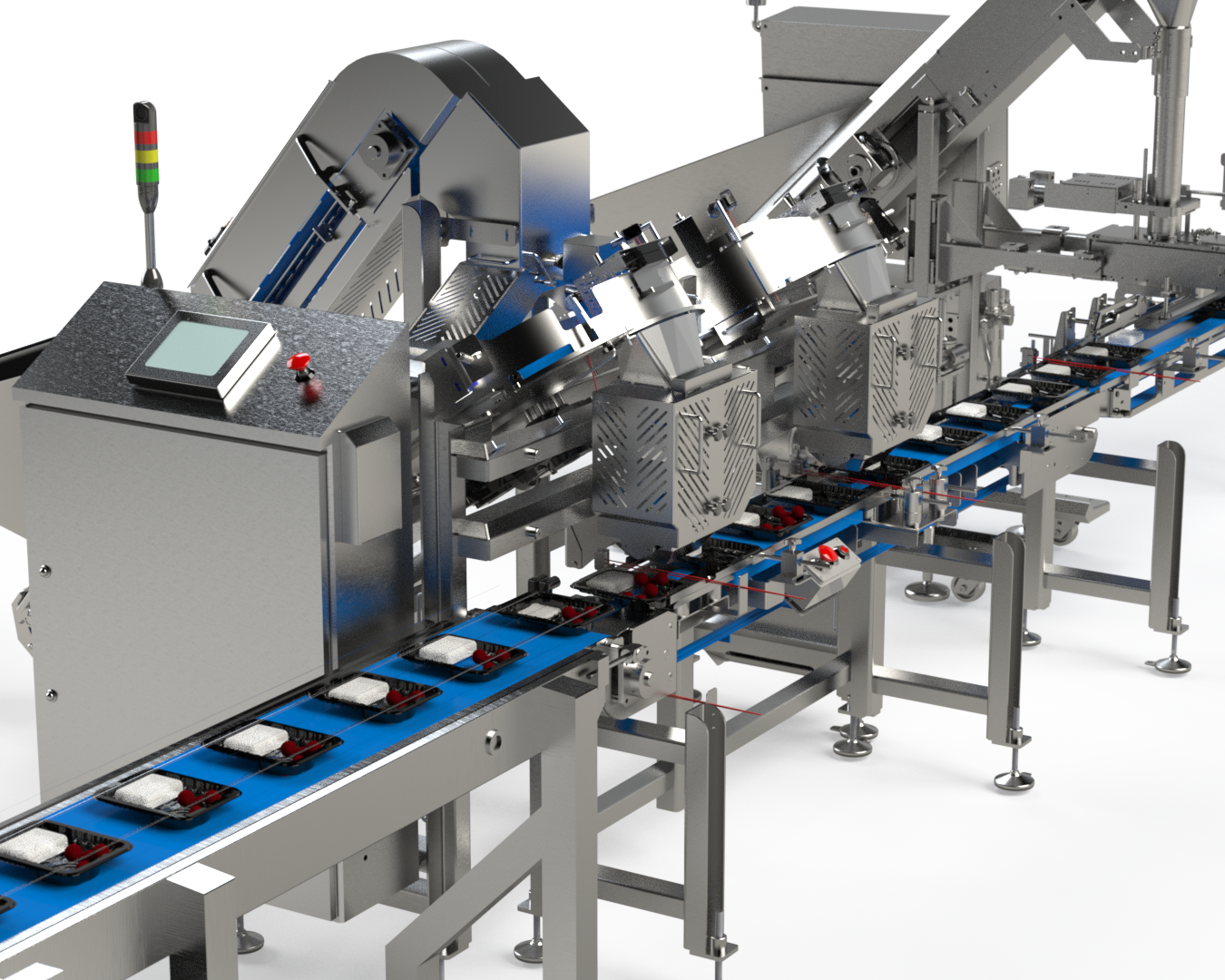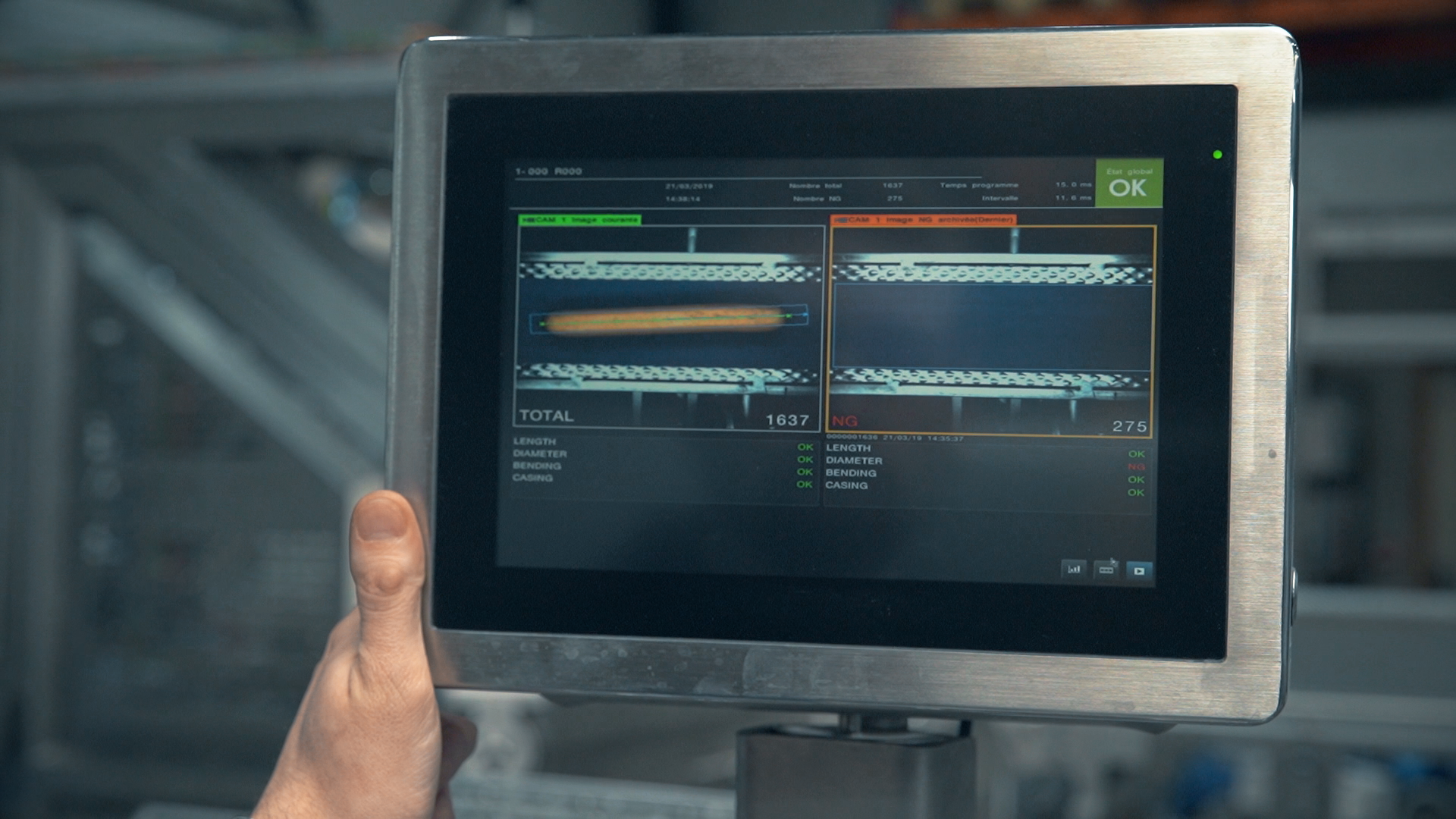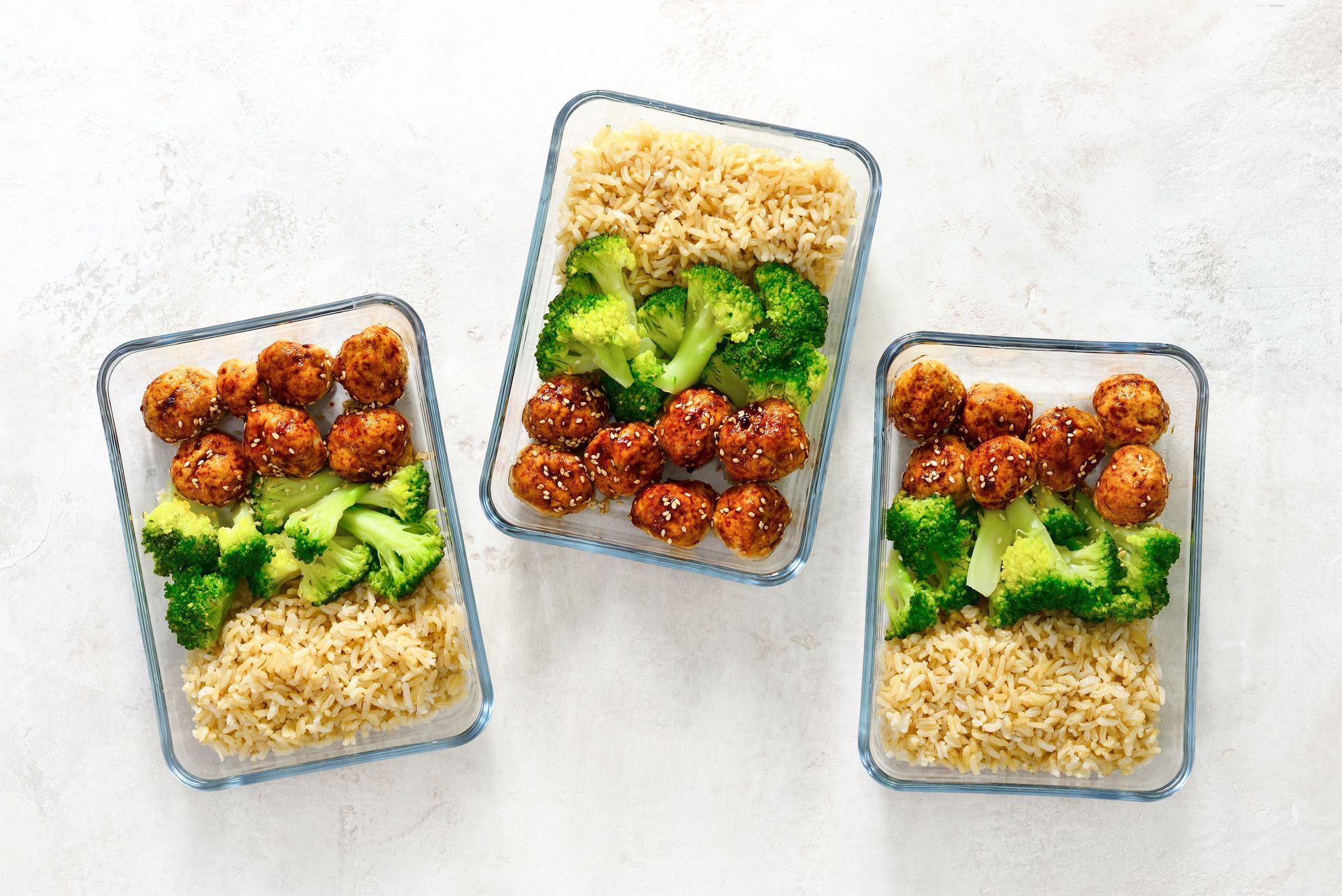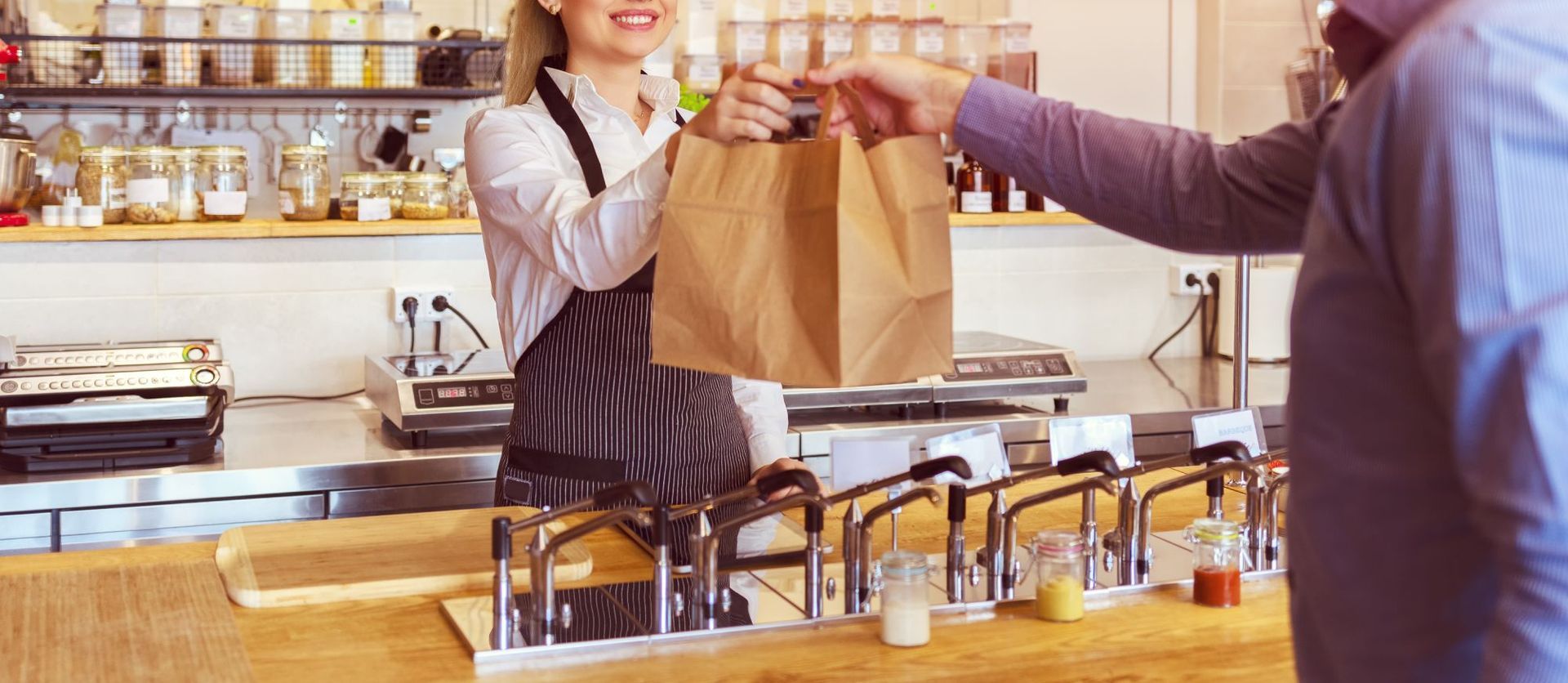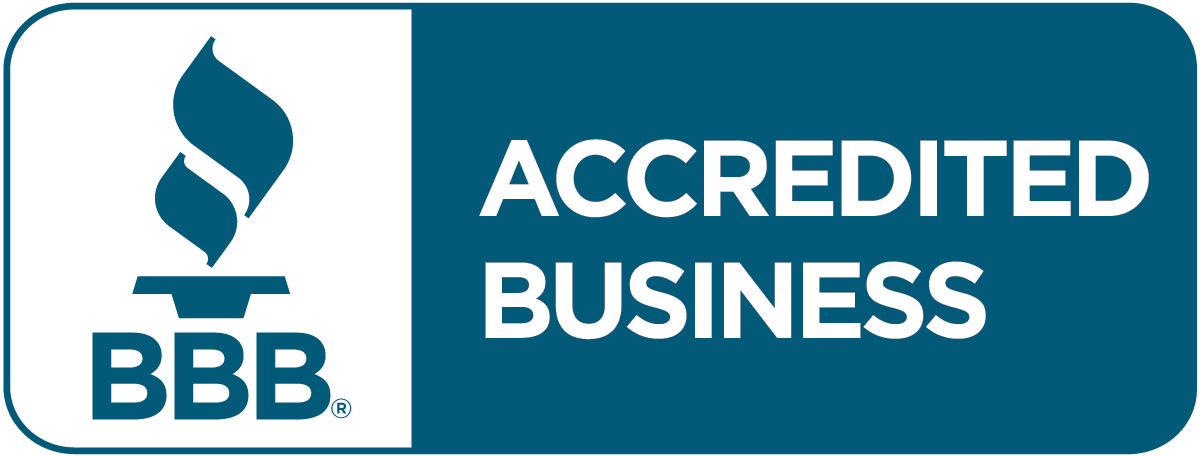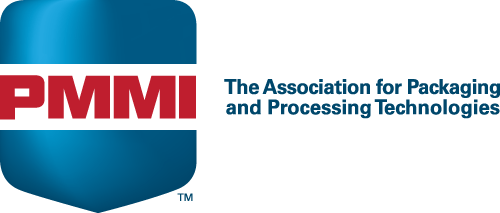Commonly asked questions about filling machines
The ready meal packing industry uses a variety of filling machines, each with its own set of operational benefits. People seeking out ready meal packing solutions for their filling lines often ask similar questions about their options. Here are some of the most common, together with definitive answers.
What is a filling machine?
A filling machine is a device that is designed to fill measured quantities of foods (or beverages and other liquids - although we do not build machines for this purpose) for distribution to retail stores, canteens and similar facilities. Filling machines can be automated or hand-operated.
What is a volumetric filling machine?
Volumetric filling machines are specially designed to dispense precise, measured quantities of a product into the required packaging. They work according to the volume of product to be delivered. Since most foods are packaged according to weight, volumetric fillers have to be programmed to deliver the exact volumes of a food corresponding to the desired weight.
How does a liquid filling machine work?
Whereas volumetric filling machines work by dispensing a specified weight or volume of solid or liquid products, liquid level filling machines operate by filling a container up to a particular level. Volumetric fillers will always deliver the same programmed quantity, regardless of whether there is a fill-line on the container. On the other hand, liquid-level fillers always fill up to a specific level, even if the weight or volume of the product in each container differs.
How does a volumetric filler work?
A volumetric filler measures out a specified volume of product to get to a required weight, based on the density of the product. Density is an important factor in volumetric dispensing. Weights will vary depending on the density of the product. Since most foods are sold according to weight, the programming of volumetric machines depends on finding the right volume of food to reach the required mass. Maintaining stable densities during the filling process is critical to good accuracy over a production run.
What is gravimetric filling?
As explained above, volumetric fillers work by measuring out a particular volume of a product. On the other hand, gravimetric filling machines dispense an accurately measured amount of the products according to weight.
What is auger filler?
An auger filler works by filling material into a container with a screw-like mechanism called an auger, which delivers specific doses of the product as it rotates. Auger fillers are mostly used for liquids and free-flowing powders, rather than solid foods.
What is an aseptic filling machine?
Aseptic filling machines are used for sterile processing, a product packaging process used in the pharmaceutical industry, and for the dispensing of some foods. In this process, the product, the packaging and the machines need to be absolutely sterile. The machines are designed to be easily cleaned and sterilized.
What is FFS packaging?
Form-fill seal (FFS) technology allows for the forming, filling and sealing of a distribution-ready package in a single step. Other filling methods generally perform sealing and filling in separate steps. This method involves thermoformable plastic and could take place on either vertical or horizontal bagging and sealing machines.
For more information on filling machines that will make your production line more efficient, contact us here. Here at Multi-Fill, we are always willing to help.
Designing a food filling line: Product is king
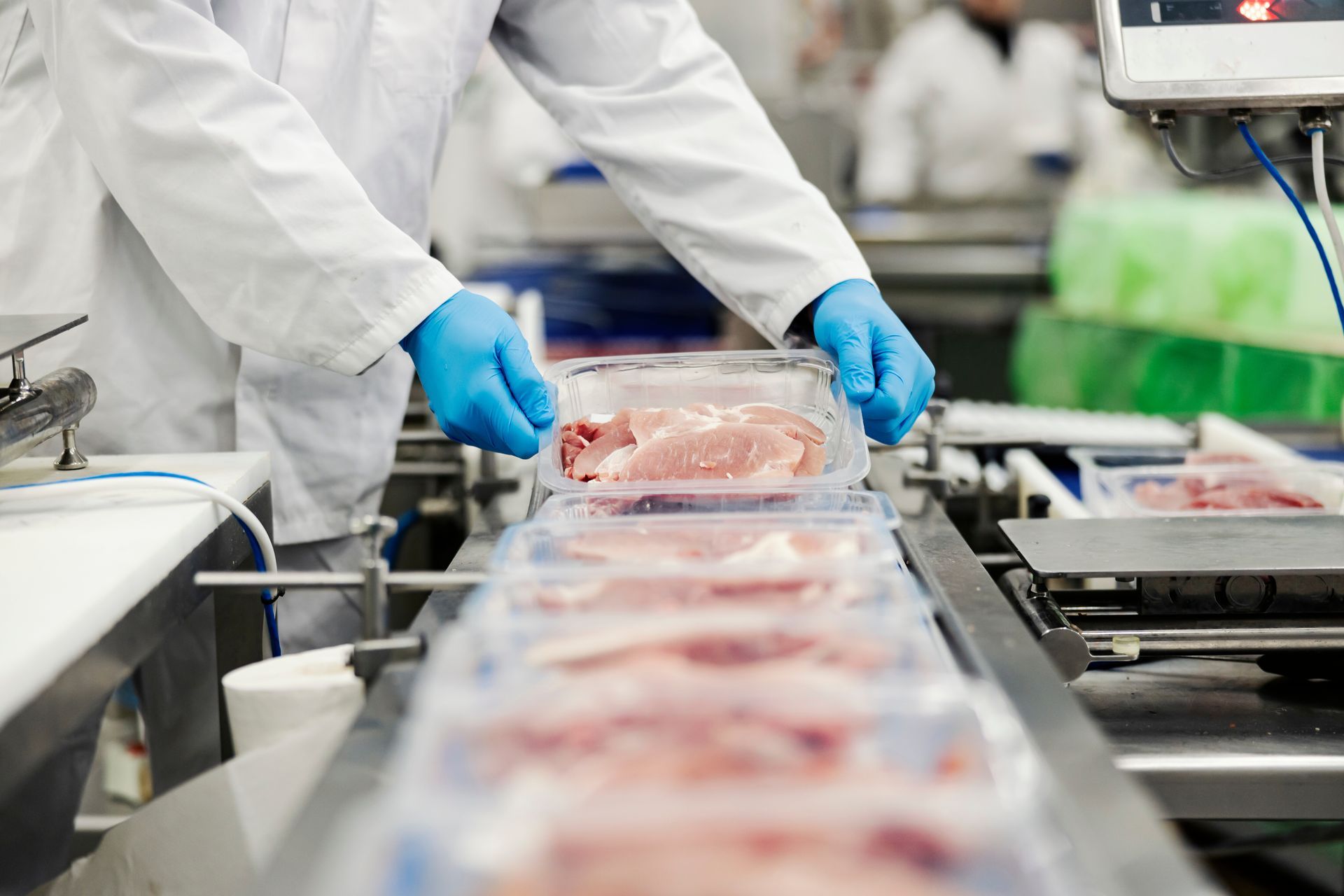
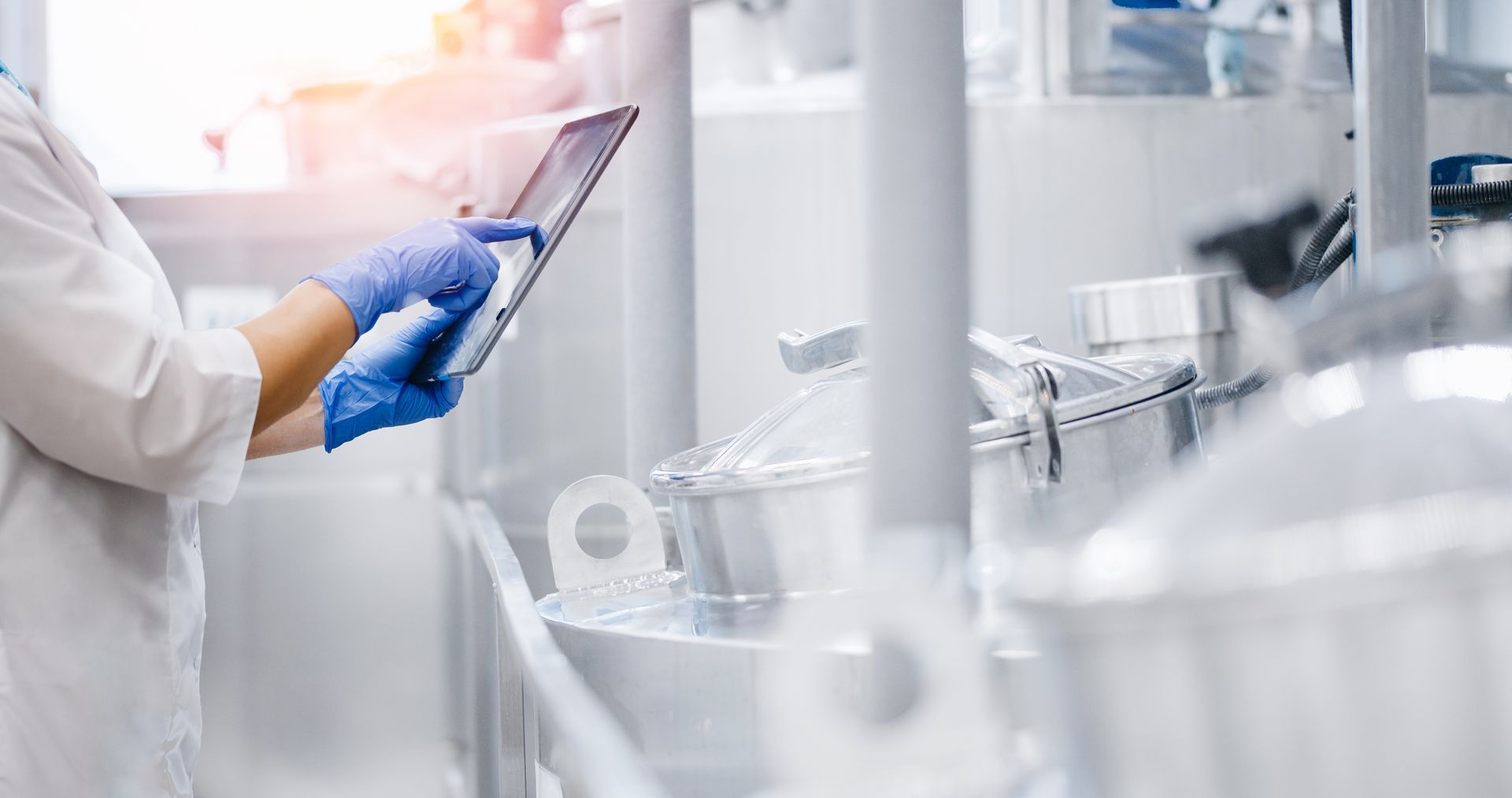
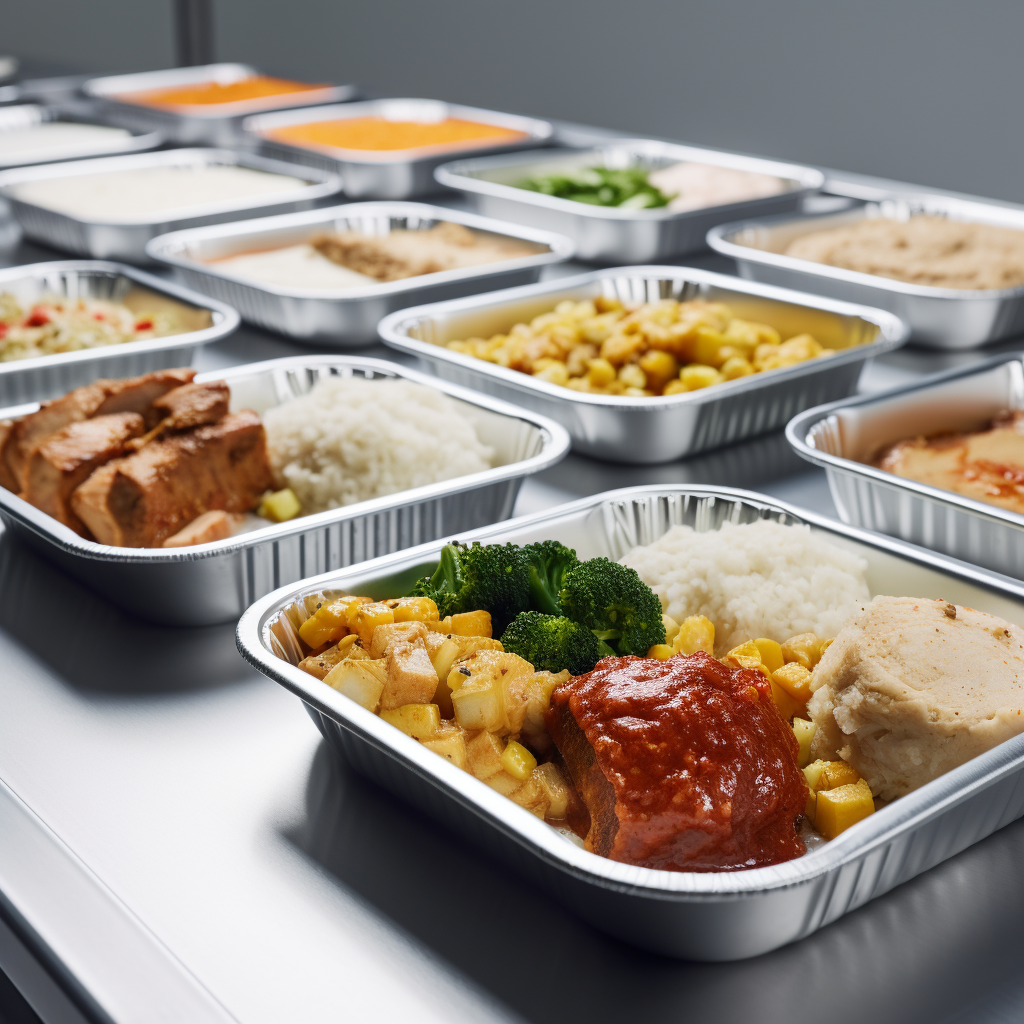
Stay in Touch
Product news, tips, subscribe to our newsletter:
Contact Us
We will get back to you as soon as possible.
Please try again later.




